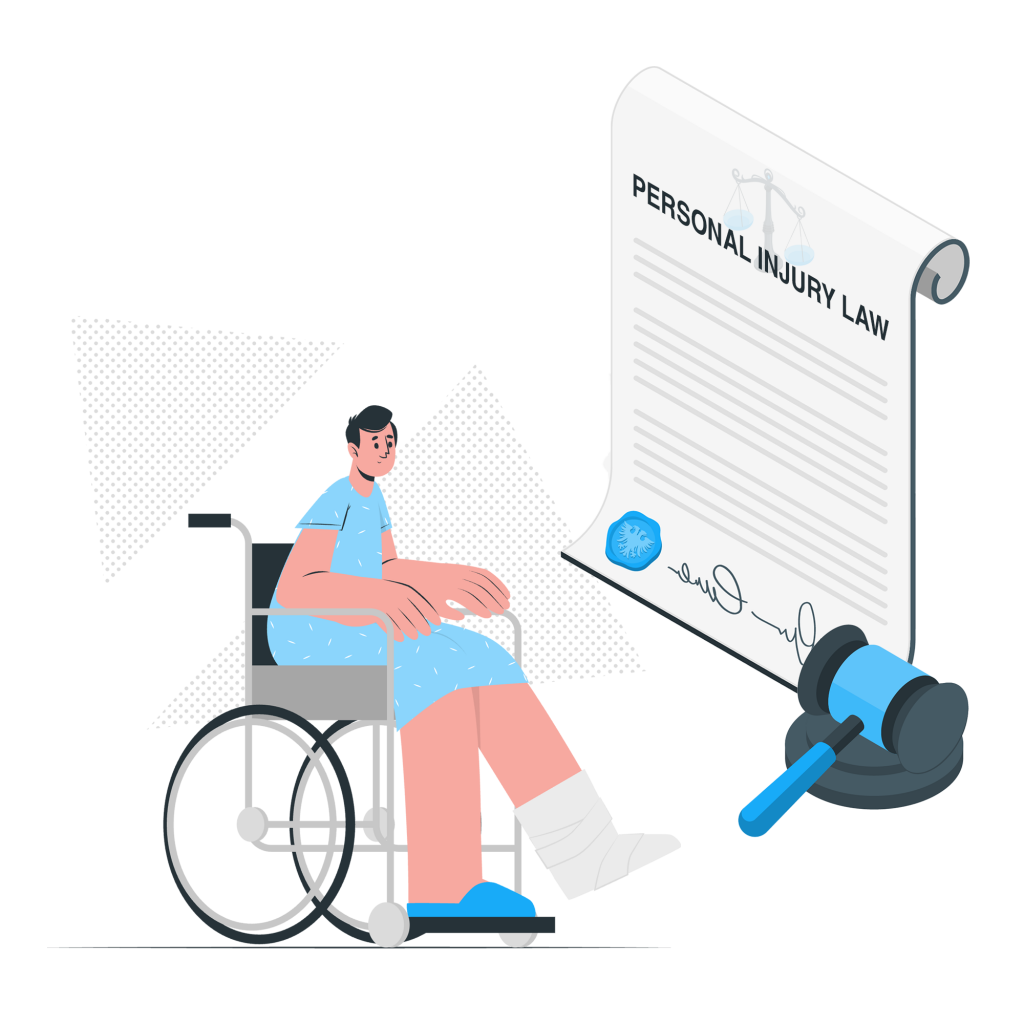
For maximum profit in law practice, one should enroll at one of the top law schools. Your salary will depend on where and in what field of practice you specialize.
Lawyers practicing in large cities typically make more due to increased demand and costs associated with living there.
1. Lawyers in Big Law
Big Law attorneys are among the highest paid in legal practice. This industry includes large firms with offices spread throughout the U.S. and other nations. Each firm typically includes between 500 to 2,000 attorneys.
One factor affecting earnings of Big Law lawyers includes their practice area, education level and career path. Some attorneys choose to specialize in certain forms of law to increase their earning potential and boost earnings.
Some attorneys work at established, well-recognized law firms known for their prestige, reputation and quality of work. These firms typically reside in major cities and attract recruiters from top law schools looking for talent.
Attorneys working in Big Law must produce a high volume of legal work quickly and efficiently, often working twelve-hour days and all-nighters. Attorneys in this environment must also have the ability to manage stress effectively, communicate effectively with senior attorneys and clients, as well as manage their time efficiently.
Salary considerations in Big Law vary according to both their firm of employment and level of experience. Many of the larger law firms provide salary scales as benchmarks; New York-based Cravath Swaine & Moore LLP for instance has long set associate salary trends throughout the nation.
A lawyer’s salary largely depends on their firm and business they bring in, with certain attorneys being able to make more through having personal connections that bring in new business.
2. Lawyers in Large Firms
Law students dreaming of joining an expansive firm (commonly referred to as “Big Law”) are drawn in droves; working there represents their ultimate career goal and represents proof that their hard work has paid off. With access to sky-high salaries and talented law school graduates from around the globe, Big Law firms represent an invaluable opportunity for law students everywhere.
Aspiring attorneys should carefully consider all aspects of Big Law before making this career choice, including its long hours, high stress levels and all-consuming nature.
As part of an overall salary structure for large law firms, their salaries often differ by region and size. Most countries lack an organized legal profession that makes compensation data collection challenging; other factors may impact an attorney’s pay such as firm size, geographic region, specialization and demand in that region.
Some lawyers choose not to join any law firm at all and opt for solo practice instead, providing more flexibility but often leading to lower compensation. On the other hand, others opt to work in small firms by taking on more of the workload and thus increasing their salary.
Lawyers employed by private companies or organizations such as banks and insurance providers tend to receive higher pay than attorneys working independently, such as by offering advice and counsel regarding industry and applicable laws for clients in order to help protect them from financial loss. Many of these professionals also enjoy lucrative bonuses that come their way! Furthermore, attorneys specializing in intellectual property law (which protects brands, patents and inventions) may make considerable sums.
3. Lawyers in Small Firms
As an independent solo practitioner or part of a dynamic duo at a small law firm, it can be challenging to maximize every billable hour. Attorneys in small firms frequently face unique challenges related to finding clients, meeting expectations of those clients, setting up technology necessary for running the firm efficiently, recruiting staff members for future hire and expanding into new legal territories.
As such, it’s crucial for lawyers in small firms to have appropriate systems in place, such as an attorney client relationship management platform. This ensures they don’t waste their time or money searching for information while offering superior customer support and service to clients.
Attorneys working in large firms tend to have access to high-profile clients and may receive higher compensation than associates at smaller firms; however, this comes at the cost of long hours and increased billable quotas.
Law firms that employ small teams tend to offer closer collaboration, and more hands-on experience for employees. Unfortunately, limited resources often result in lower salaries and reduced benefits than in larger law firms.
Contrary to big firm associates, new lawyers at small law firms must quickly assume additional responsibilities and can quickly become overwhelmed with work load. Furthermore, there may be less people available when an emergency arises; this increases risk for mistakes but provides a faster learning environment; particularly beneficial if working directly with clients is something they enjoy doing. Furthermore, small law firms tend to keep open lines of communication via phone calls, emails and texts between themselves and clients.
4. Lawyers in Solo Practice
Money is often the driving factor behind people choosing law as a career path, especially recent graduates saddled with massive law school debts. Although working at large firms offers prestige, perks, mentorship and mentorship for law students enrolled there, some attorneys choose solo practices instead where they have more direct control over how cases are managed and can charge higher rates – these solo practices usually end up earning the most as their clients receive personalized treatment from them directly and they often can charge higher rates due to more direct control.
Martindale Avvo recently conducted a 2019 compensation survey that revealed solo attorneys make their greatest profits in medical malpractice, personal injury and workers’ compensation law, followed by probate, intellectual property and business law. Furthermore, solo income increases as attorneys gain more experience within their fields.
Success for solo attorneys ultimately rests on how well they market and manage their business, as well as being willing to put in long hours and have confidence that new clients will come knocking.
Minding Your Own Business: Establishing and Operating a Successful Law Practice by Kerry M. Lavelle published by American Bar Association Solo, Small Firm and General Practice Division provides helpful information for solo practitioners and small firms in starting up and operating successful law practices. This book includes all sorts of details from creating billing practices to finding office space to setting fees – not forgetting other considerations such as ethics, professionalism and resources needed when setting up shop as well as ways to hire an associate lawyer.
5. Lawyers in Corporate Law
Earnings for lawyers depend on many variables, such as their field of law practiced, job title and responsibilities, size of firm where they work, duration in practice and whether or not corporate law specialists make more. Corporate lawyers generally command higher earnings; those specializing in this area usually possess degrees from prestigious law schools as well as experience which increases earning potential.
Corporate law encompasses an expansive spectrum of work, from advising companies through the legal requirements for mergers and acquisitions to helping clients issue shares on the stock market and raise capital. Most corporate lawyers work for large international law firms such as Simpson Thacher in London or Latham & Watkins in New York – two well-known examples being Simpson Thacher in London and Latham & Watkins respectively.
These attorneys may specialize in areas like intellectual property or tax law to increase their earnings potential and ensure demand among clientele. It’s common for these attorneys to offer discounted fees due to established relationships.
Before pursuing a legal career, it is essential to carefully consider your motivations for practicing this profession. While some lawyers are motivated by making money, others seek out opportunities to serve the public by becoming public prosecutors, criminal defense attorneys, personal injury or family law attorneys; as these work with populations who rely heavily on professional expertise.



